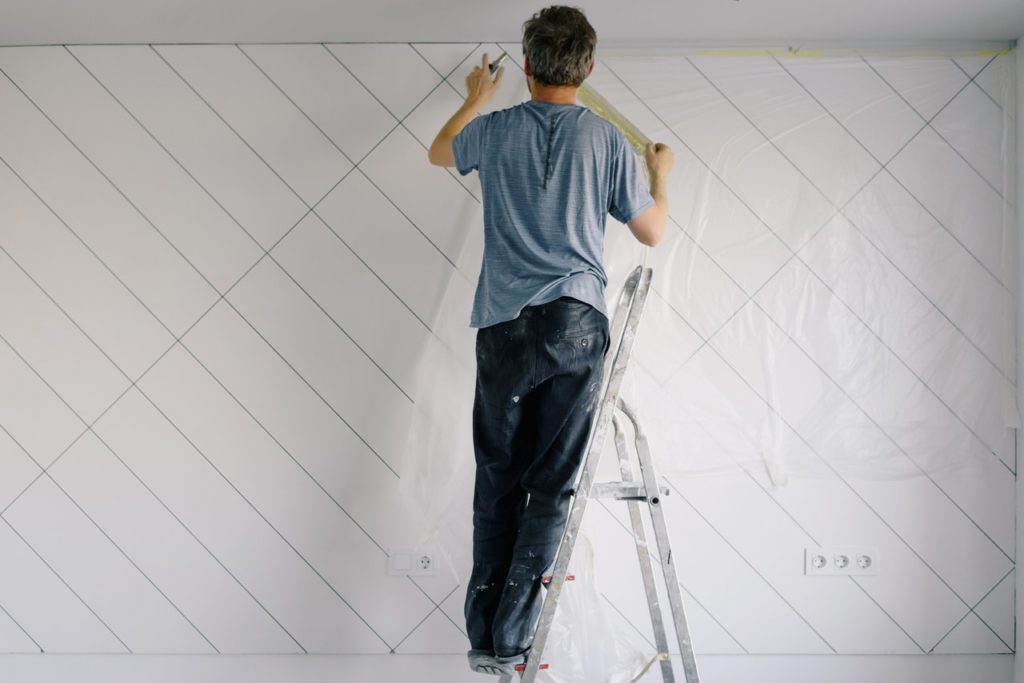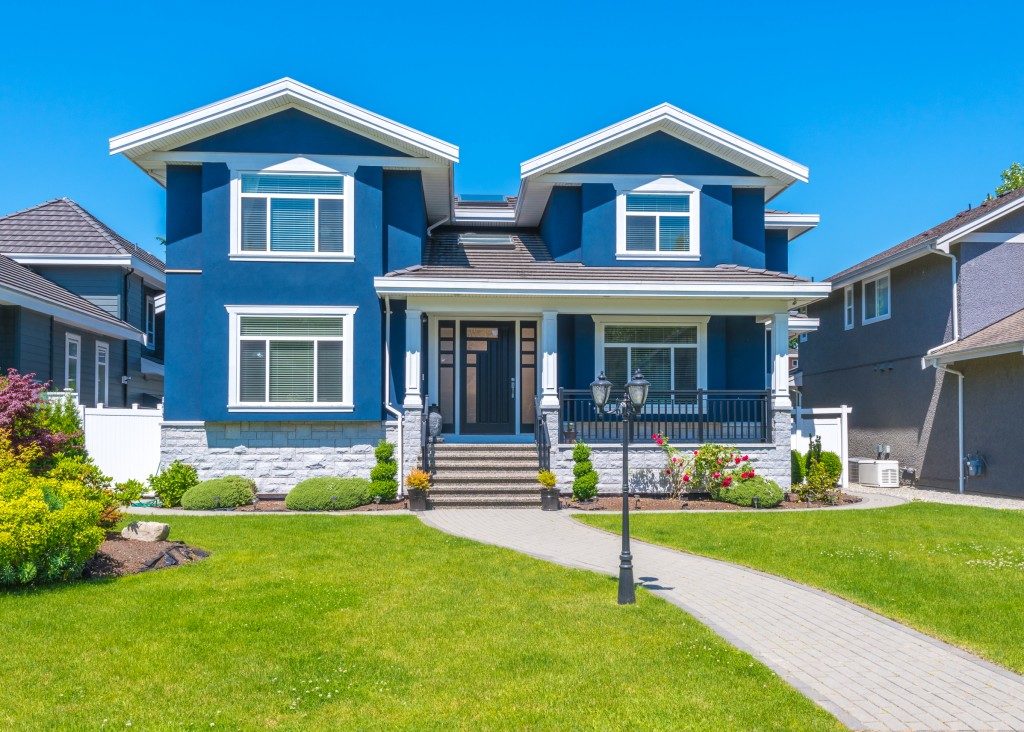There is good news in Utah as far as the real estate market is concerned: most homeowners are able to keep their homes. Although this leaves a glut in housing, it also indicates many Utahns can afford to pay the mortgage.
On the downside, the pandemic happened, leaving about 4% of the workforce unemployed. Some may be struggling to keep up with the repayments and are therefore in danger of losing their home to foreclosure.
Foreclosures are traumatizing and hard-hitting on credit scores and reports. Most of all, they can leave families without a roof over their heads. To avoid all these, some prefer a short sale. That is when they sell their property at a price lower than their mortgage.
They can then use the money to buy a cheaper home or cover at least a portion of the debt. But many homeowners don’t know they still have other options to avoid foreclosures:
1. File for Bankruptcy before Foreclosures
For some, filing for bankruptcy is the last resort since the record stays on the credit report for years. However, if you are so close to getting foreclosed, this is ideally one of the first steps.
Talking to bankruptcy lawyers in Utah benefits you in many ways:
- You can have some peace of mind as you can let lawyers face your creditors, including banks.
- They will present you with options to make it easier for you to pay your debt or even get rid of it completely.
- Filing for bankruptcy before a foreclosure ensures that your lawyer can process your request in court. The court can then issue an automatic stay. It forces your creditors to stop doing any collection activity, such as foreclosing the property.
2. Increase the Value of the Property
If you want to avoid foreclosure but like to move to another home, another alternative to a short sale is to increase your home value. Usually, it means renovations or remodeling.
While you may need to spend money, some projects may cost less than others but can already give you excellent returns:
- Repaint the house – Some reports suggest that repainting the exteriors can already give you an ROI of 107%. A 2018 study by Zillow revealed that painting your main door black can increase your property’s value by $6,000.

- Replace the garage door – According to the Cost vs. Value report, replacing your garage door can cost about $3,000. However, you can likely recoup up to 94% of your spending.
- Add plants – Doing this can increase your home value by 10%. You can buy (or even ask) some plants from your local nursery.
3. Refinance Your Home
If you have already built good equity on your property, you can consider home refinancing. In this process, you apply for another mortgage that hopefully carries a much lower interest rate. This way, you can take advantage of more affordable repayments and have more control over your loan period. You can even cancel your private mortgage insurance.
You may refinance your mortgage with the same lender or do it with another bank. There are pros and cons for each, so make sure you research well and compare their offerings. Nevertheless, do this before you are close to getting a foreclosure and when you’re credit score is still high. Negotiating your mortgage terms is easier when your score is good.
The idea that you are about to lose your home to foreclosure is nerve-wracking. But you can take a deep breath and pause. Think about your options, which are many. Legal help is also available. You can avoid losing your home or find methods to pay your debt without short selling your property.





